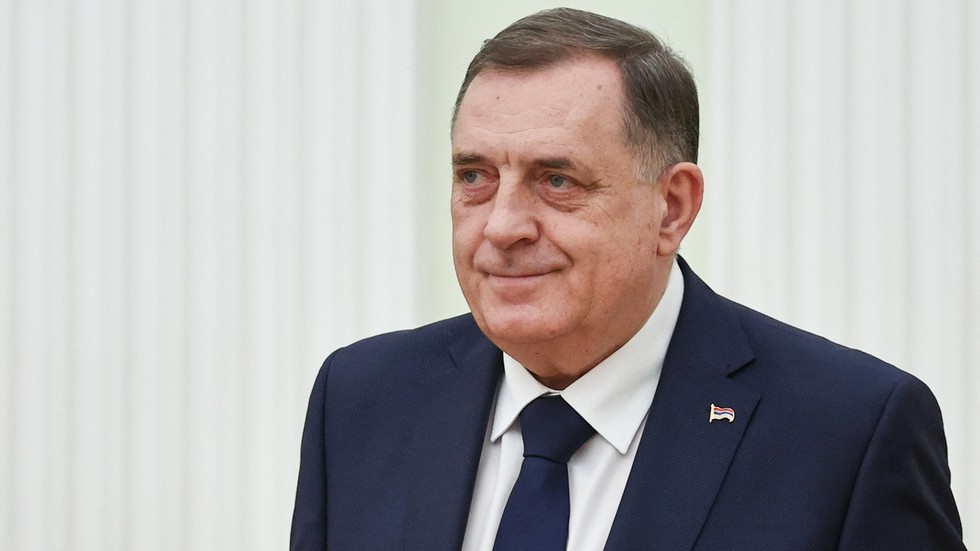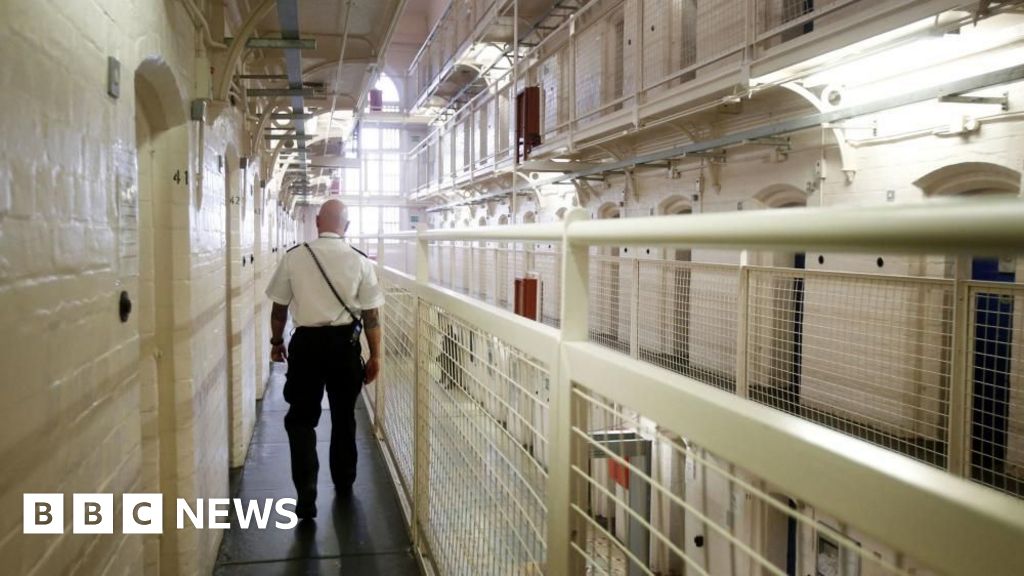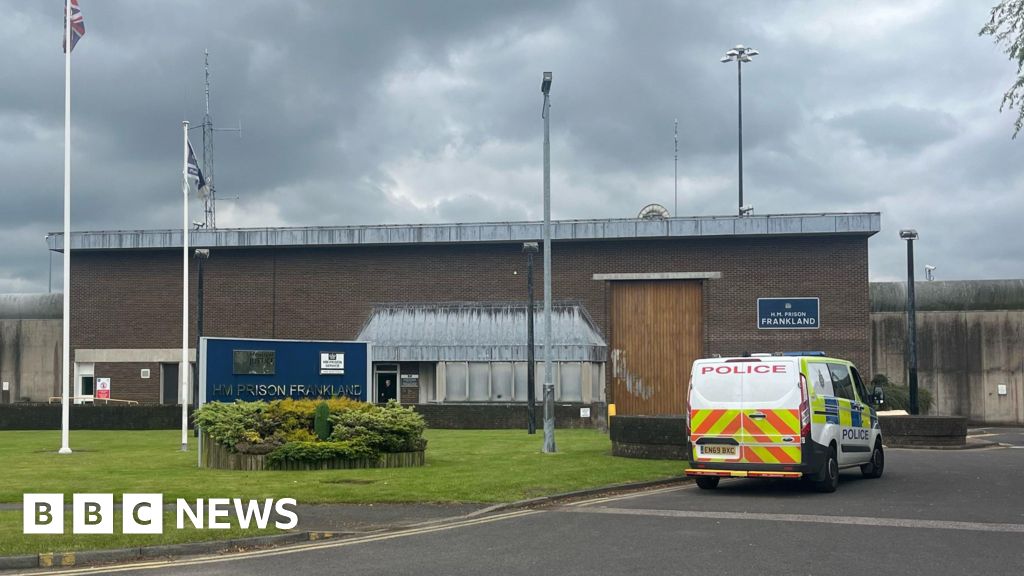Milorad Dodik Expresses Gratitude to Serbia for Interpol Rejection of Bosnia's Red Notice

Milorad Dodik, the leader of the Bosnian Serb entity known as Republika Srpska, has publicly expressed his appreciation to Serbia for its role in influencing Interpol’s recent decision to reject Bosnia and Herzegovina's request for a Red Notice against him. This announcement was made by Dodik on the social media platform X on Wednesday, highlighting the ongoing political complexities within the Balkan region.
Interpol's refusal to issue the wanted alerts for Dodik and Nenad Stevandic, the parliament speaker of Republika Srpska, came as a significant development amidst growing tensions between the Serbian-majority region and the central government in Sarajevo. The state court of Bosnia and Herzegovina confirmed to Reuters that the Red Notices had not been activated, a crucial point given that such notices serve as international requests for law enforcement agencies worldwide to locate and provisionally arrest individuals who are pending extradition or legal proceedings.
The decision by Interpol to turn down the request from Bosnia and Herzegovina followed an appeal from Serbia. The Serbian government argued that the request was politically motivated, asserting that it violated the principles of neutrality that Interpol is meant to uphold. Dodik shared the news of this development on social media, stating, “I just received a call from [Serbian] President Aleksandar Vucic to inform me that… that Interpol rejected the request of the Court of Bosnia and Herzegovina to issue a Red Notice for [Speaker Nenad] Stevandic and me.”
The backdrop to this situation is fraught with political tension. The Court of Bosnia and Herzegovina had sought the Interpol notice after Dodik openly defied an arrest warrant while traveling abroad in March, visiting several countries including Serbia, Israel, and Russia. Both Dodik and Stevandic are accused of undermining the constitutional order of Bosnia and Herzegovina by allegedly enacting legislation that restricts the functions of the state judiciary and law enforcement bodies.
Bosnia and Herzegovina was established under the Dayton Peace Agreement, brokered by the United States in 1995, which aimed to end the brutal conflict in the region. The country is divided into two main political entities: the Bosniak-Croat Federation and Republika Srpska. It operates under a tripartite presidency and has an international overseer, the Office of the High Representative (OHR), tasked with ensuring the implementation of the agreement.
Dodik has been a vocal critic of the OHR, frequently accusing it of overstepping its authority and infringing upon the autonomy of Republika Srpska. His contentious relationship with the OHR reached a peak earlier this year when he was sentenced to one year in prison along with a six-year political ban due to his defiance of the organization’s mandates.
The Serbian leadership has been steadfast in its commitment to safeguard the top officials of Republika Srpska, viewing the actions of the Bosnian government as a systemic “revenge” against Dodik and the Serbian polity within Bosnia. This sentiment was echoed by Russian officials, who characterized Dodik’s conviction as a politically motivated decision derived from a “pseudo-law” that they claim was forced through by the OHR.
In a further sign of his political maneuvering, Dodik visited Russia earlier this week for discussions with President Vladimir Putin. During an interview with the Russian state-funded media outlet RT, he expressed his belief that the Dayton Agreement is no longer being observed and indicated that he is seeking Putin's assistance in escalating the situation to the United Nations Security Council.


















